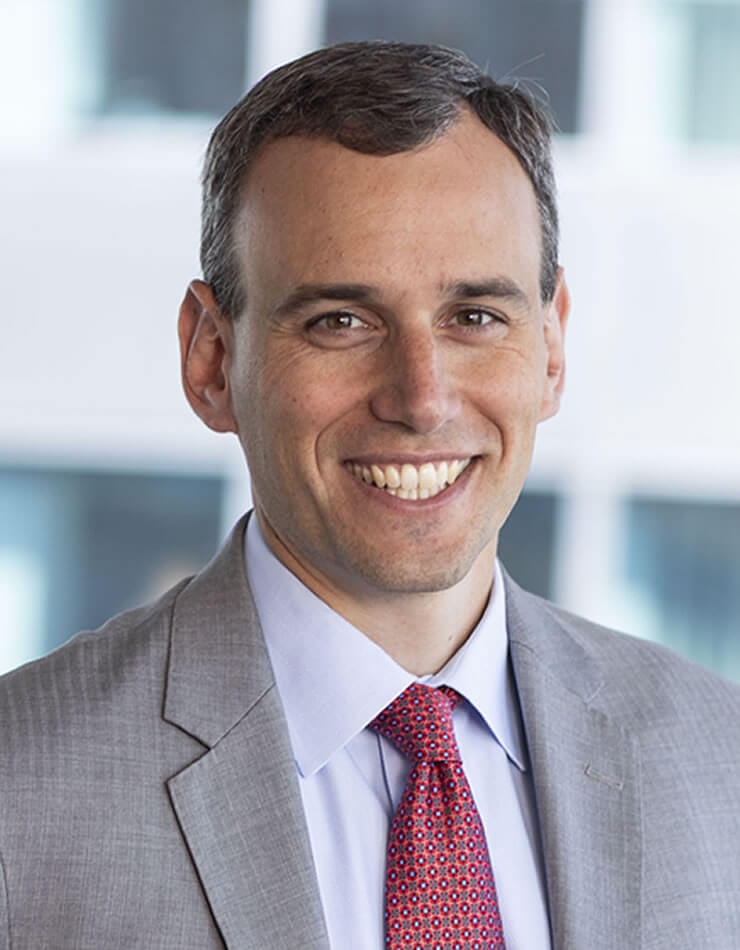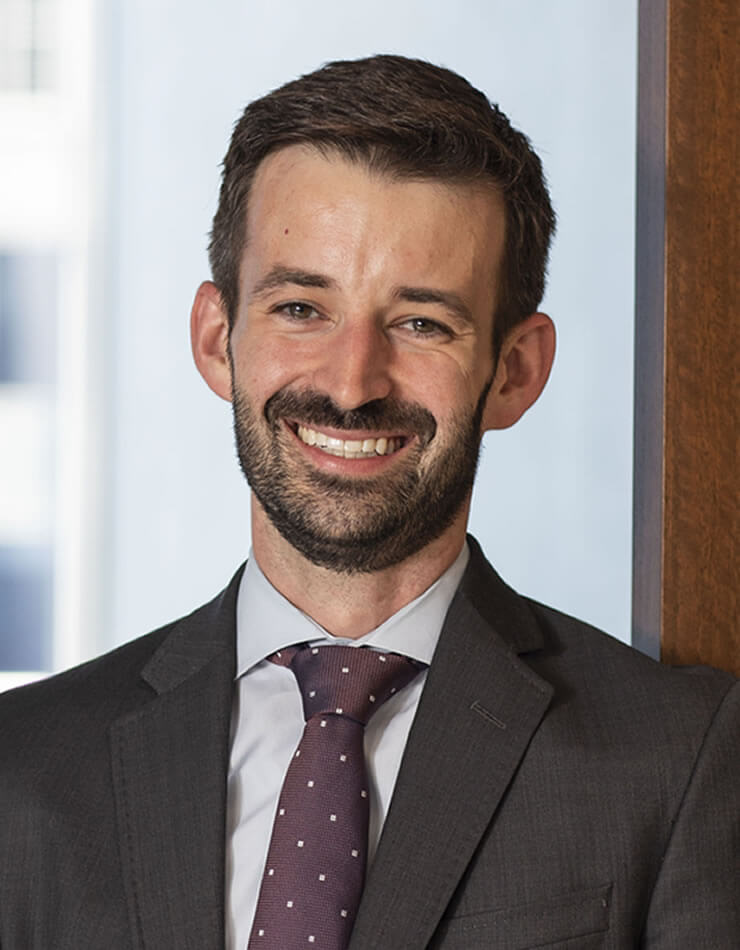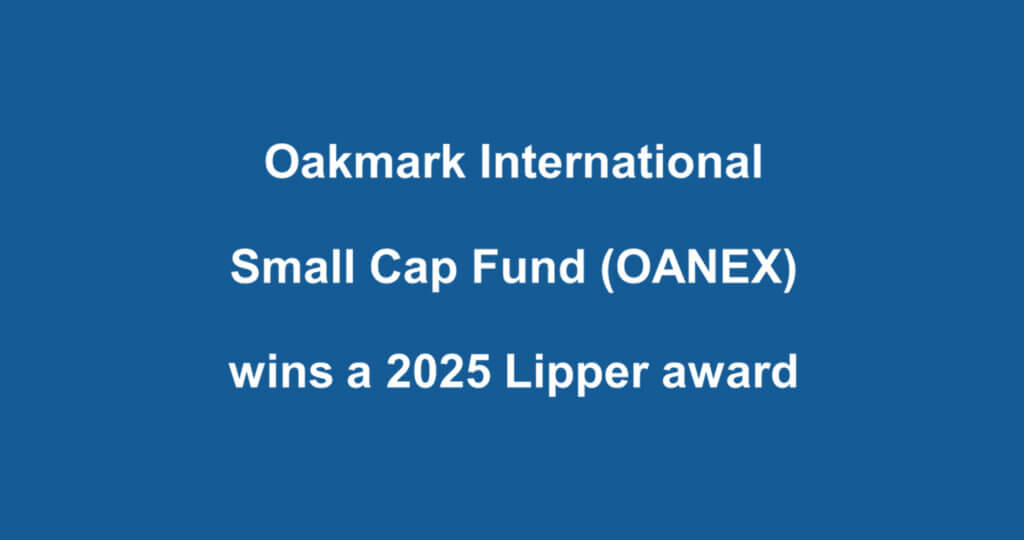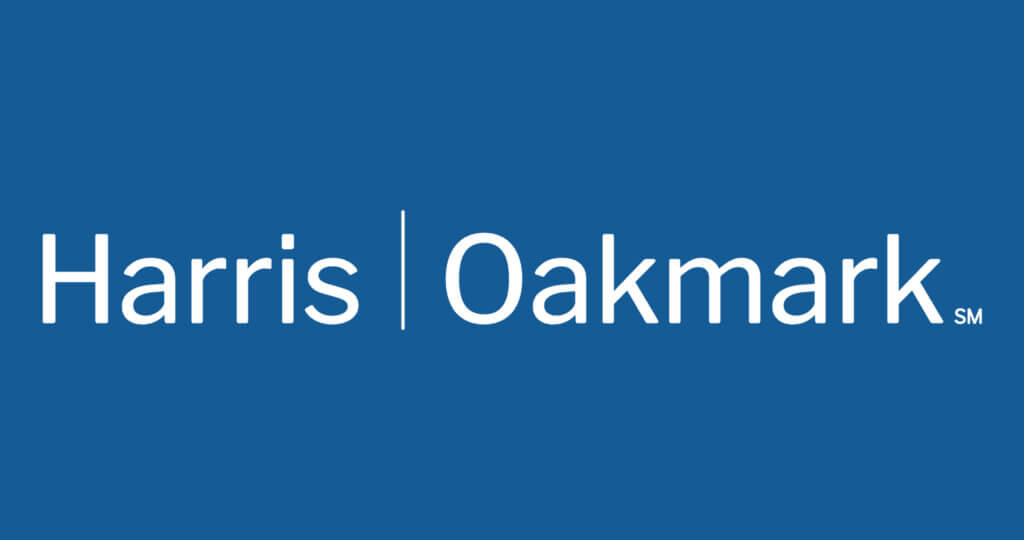Oakmark International Small Cap Fund – Investor Class
Average Annual Total Returns 03/31/23
Since Inception 11/01/95 8.47%
10-year 5.60%
5-year 3.49%
1-year 2.78%
3-month 6.56%
Expense Ratio: 1.34%
Expense ratios are from the Fund’s most recent prospectus dated January 28, 2023; actual expenses may vary.
Past performance is no guarantee of future results. The performance data quoted represents past performance. Current performance may be lower or higher than the performance data quoted. The investment return and principal value vary so that an investor’s shares when redeemed may be worth more or less than the original cost. To obtain the most recent month-end performance data, view it here.
Oakmark International Small Cap Fund (“the Fund”) returned 6.6% for the quarter ended March 31, 2023, outperforming the MSCI World ex U.S. Small Cap Index (net), which returned 5.0%. Since its inception in November 1995, the Fund has returned an average of 8.5% per year. For additional color on our views of the market environment during the most recent quarter, please see David Herro’s quarterly commentary.
TeamViewer, a German remote access and remote-control computer software company, was a top contributor to the Fund’s performance for the quarter. During the quarter, TeamViewer released results for fiscal-year 2022 that slightly exceeded billings guidance and came in at the high end of the guided profitability range, thereby surpassing both our and the market’s expectations. TeamViewer’s core SMB business demonstrated accelerated growth of 18% in the fourth quarter thanks to successful upsell campaigns and strong pricing. At the same time, the company’s burgeoning Enterprise offering continued to demonstrate strong progress, and its billings grew by 42% for the fiscal year. The company’s adjusted EBITDA margin hit the upper end of guidance at 47% in 2022, reflecting stable margins year over year despite a significant increase in marketing expenditure related to agreements with Manchester United and Mercedes Formula 1. Looking ahead, management anticipates stable margins in 2023 despite an increase in R&D spending. There is also significant margin upside potential if the company is able to successfully downgrade its sponsorship with Manchester United, as stipulated in a recently reached agreement. The company announced it will be shifting to a revenue-based guidance framework and provide more disclosure around its annual recurring revenue to increase transparency. We view this change positively. Finally, TeamViewer bought back roughly EUR 300 million of shares in 2022 (over 10% of outstanding shares) at an average price of around EUR 12.50 per share. The company simultaneously paid down significant net debt during the fiscal year, which brought its leverage in line with mid-term targets, providing the opportunity for a new share buyback program of up to EUR 150 million in 2023. We believe management is taking the right steps to continue to improve TeamViewer’s financial performance and that it remains an attractive investment.
Software AG, an enterprise software company based in Germany, was a top detractor for the period. The share price of Software AG fell after the company released full-year results in January. For the fourth calendar quarter, revenue outpaced market expectations, while margins in the Digital Business Platform (DBP) business came in shy of forecasts. However, the company’s results for the full year were solid, from our perspective, and overall performance exceeded our estimates. Excluding the impact from its recent acquisition of StreamSets, Software AG’s total product revenue rose 7% year-over-year and its bookings advanced 15%, while its adjusted operating profit margin gained 160 basis points and finished 2022 at 21.2%. By segment, DBP revenues and bookings grew 7% and 12%, respectively. Concurrently, A&N (Adabas & Natural) segment revenues increased by 8%, and bookings rose 23% from the prior year. Furthermore, annual recurring revenue grew 10% on an organic basis. However, we were somewhat disappointed by management’s 2023 guidance of total product revenue growth of 6-10% for the full year and an operating profit margin range of 16-18%, which were below the original levels aimed for in Software AG’s strategic plan known as Helix. When we spoke with CEO Sanjay Brahmawar and CFO Daniela Bunger, they explained that the margin compression was due to both a faster than expected SaaS transition as well as standard cost inflation on salaries and other expenses. Although the SaaS transition should ultimately add value to the company, to address near-term concerns, management is implementing a cost-efficiency program that includes a 4% headcount reduction, process simplification and discretionary expense cuts. We believe these steps will benefit Software AG and significantly improve its results going forward.
We initiated the below positions during the quarter:
- Colliers International Group (Canada) was established in 2004 as the commercial property services division of the residential real estate services firm FirstService before it was spun off in 2015. The company is the fourth-largest global diversified real estate services firm. In our view, Colliers is a leader in commercial real estate (CRE) services, sustaining a long history of through-cycle, double-digit growth and increasing profitability. Over time, the company has grown at or ahead of peers on an organic basis, and its asset management business reached around $98 billion in assets under management at the end of 2022. In addition to organic growth, Colliers’s management team is also supplementing growth through mergers and acquisitions with a proven and highly repeatable approach, which they have successfully used across different end markets and locations. We believe Colliers’s unique equity-retention approach allows the company to successfully diversify its service offerings more rapidly than its competitors, which typically target scale-driven acquisitions. We also appreciate that Colliers’s business mix is shifting toward what we view as higher margin and more recurring activities with less cyclicity, such as asset management and outsourcing and advisory. Recent macroeconomic concerns have caused a sell-off in all CRE firms, which gave us an attractive opportunity to invest in Colliers.
- Kansai Paint (Japan) is the market leader and largest paint and coatings manufacturer in Japan. Its products are used primarily for automobiles, construction and ships along with bridges and residential housing. The majority of the company’s business comes from Japan, but it also has customers in Europe, the U.S., China and India. We view the paint industry as attractive due to its consistent profitability across both industry participants and time. While each segment of the industry is different, the business is characterized by high technological barriers to entry, strong brand recognition, strong customer relationships, healthy degrees of maintenance revenue, and moderate to low capital requirements. In addition, globally the industry is consolidated, so pricing tends to be rational. We like that Kansai Paint has strong market positions in emerging markets as the majority of operating profit comes from these areas. The company has leading market positions in India and South Africa as well as good exposure throughout emerging Asia. Lastly, we are pleased with Kansai’s management team, which has kept costs under control while successfully expanding outside of the company’s home market, and we appreciate its focus on operating margins and return on equity.
- Medmix (Switzerland) is a business we know well as it was formerly Sulzer’s applicators business and spun out as a standalone company in September 2021. We held Medmix shares briefly following the spin-off, but exited the position above CHF 40 per share in the fourth calendar quarter of 2021 as it was near our estimate of intrinsic value. Medmix manufactures high-precision delivery devices for the mixing, application and injection of liquids serving the dental, construction, chemical and the health care markets. The products Medmix sells typically represent 1-2% of the end market cost of its customers’ products and are considered mission critical to its customers, leading to stable growth and attractive high-teens EBITA margins. Medmix’s share price declined more than 60% in 2022, mostly due to Victor Vekelsberg, a Russian oligarch, who is Medmix’s largest shareholder (40% stake) and has also been personally sanctioned by both the EU and the U.S. These sanctions had no material impact on Medmix’s operations, but in May 2022 the Polish government deemed Medmix to be “Russian controlled” and forced it to cease operations in the country, which resulted in the closure of a plant that accounted for approximately 15% of group revenues. This had an adverse impact on profitability in 2022 and will have more limited impact on 2023 results. By 2024, the Polish capacity should be completely moved to Spain. We estimate that the loss of the Polish plant will reduce group-wide EBIT by 5-7% over the mid term, compared to a 60% decline in share price last year. This situation provided us with a compelling opportunity to invest in a high-quality, niche business.
During the quarter, we sold MGM China Holdings (China) as its share price approached our estimate of intrinsic value.
Geographically, we ended the quarter with approximately 80.1% of our holdings in Europe and the U.K., 10.6% in Asia, and 3.7% in Australasia. The remaining positions are in the Americas with 3.2% in Latin America (Mexico), 1.8% in North America (Canada), and 0.6% in Africa/Middle East (Israel).
Thank you for your continued confidence in our investment process.
The securities mentioned above comprise the following preliminary percentages of the Oakmark International Small Cap Fund’s total net assets as of 03/31/2023: Colliers International Group 0.3%, FirstService 0%, Kansai Paint 0.9%, medmix 0.7%, MGM China Holdings 0%, Software AG 2.9% and TeamViewer 2.0%. Portfolio holdings are subject to change without notice and are not intended as recommendations of individual stocks.
EBITDA refers to Earnings Before the deduction of payments for Interest, Taxes, Depreciation and Amortization which is a measure of operating income.
EBITA refers to Earnings before the deduction of expenses for Interest, Taxes and Amortization which is a measure of operating income.
EBIT is a measure of a firm’s profit that includes all expenses except interest and income tax expenses. It is the difference between operating revenues and operating expenses.
The MSCI World ex US Small Cap Index (Net) is designed to measure performance of small-cap stocks across 22 of 23 Developed Markets (excluding the United States). The index covers approximately 14% of the free float-adjusted market capitalization in each country. This benchmark calculates reinvested dividends net of withholding taxes. This index is unmanaged and investors cannot invest directly in this index.
On occasion, Harris may determine, based on its analysis of a particular multi-national issuer, that a country classification different from MSCI best reflects the issuer’s country of investment risk. In these instances, reports with country weights and performance attribution will differ from reports using MSCI classifications. Harris uses its own country classifications in its reporting processes, and these classifications are reflected in the included materials.
The Fund’s portfolio tends to be invested in a relatively small number of stocks. As a result, the appreciation or depreciation of any one security held by the Fund will have a greater impact on the Fund’s net asset value than it would if the Fund invested in a larger number of securities. Although that strategy has the potential to generate attractive returns over time, it also increases the Fund’s volatility.
The stocks of smaller companies often involve more risk than the stocks of larger companies. Stocks of small companies tend to be more volatile and have a smaller public market than stocks of larger companies. Small companies may have a shorter history of operations than larger companies, may not have as great an ability to raise additional capital and may have a less diversified product line, making them more susceptible to market pressure.
Investing in foreign securities presents risks that in some ways may be greater than U.S. investments. Those risks include: currency fluctuation; different regulation, accounting standards, trading practices and levels of available information; generally higher transaction costs; and political risks.
The information, data, analyses, and opinions presented herein (including current investment themes, the portfolio managers’ research and investment process, and portfolio characteristics) are for informational purposes only and represent the investments and views of the portfolio managers and Harris Associates L.P. as of the date written and are subject to change and may change based on market and other conditions and without notice. This content is not a recommendation of or an offer to buy or sell a security and is not warranted to be correct, complete or accurate.
Certain comments herein are based on current expectations and are considered “forward-looking statements”. These forward looking statements reflect assumptions and analyses made by the portfolio managers and Harris Associates L.P. based on their experience and perception of historical trends, current conditions, expected future developments, and other factors they believe are relevant. Actual future results are subject to a number of investment and other risks and may prove to be different from expectations. Readers are cautioned not to place undue reliance on the forward-looking statements.
All information provided is as of 03/31/2023 unless otherwise specified.










